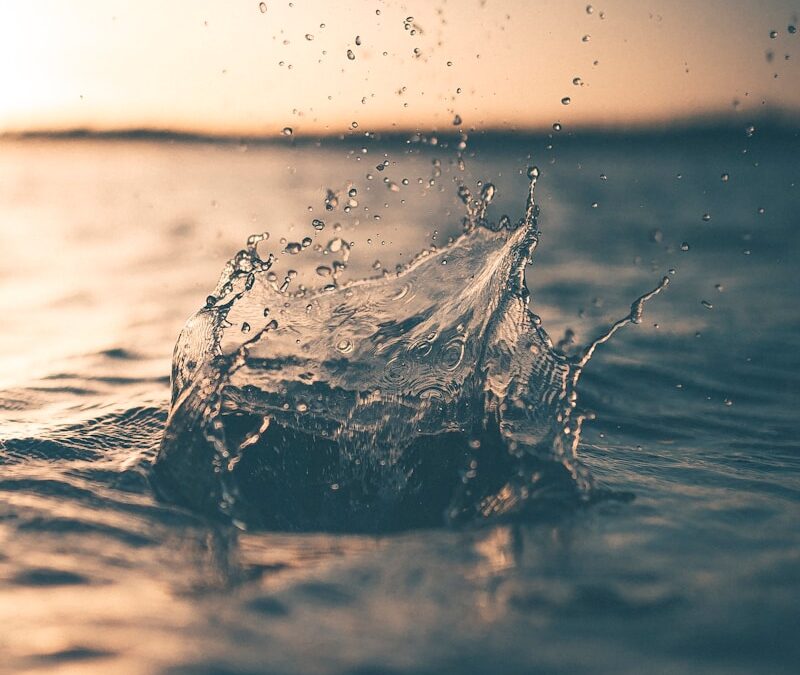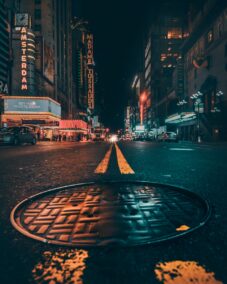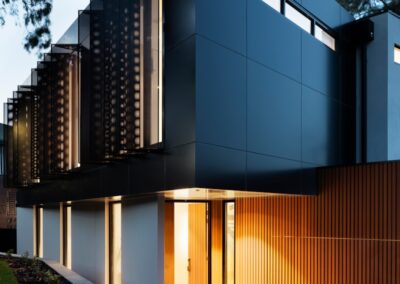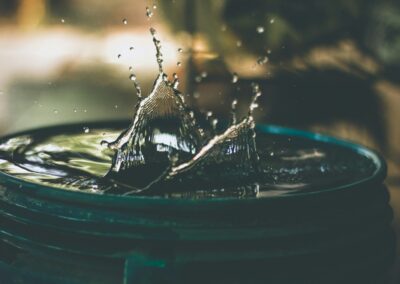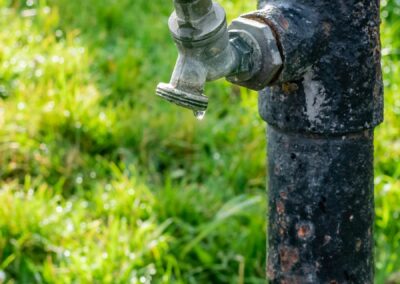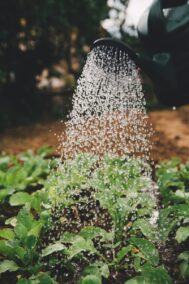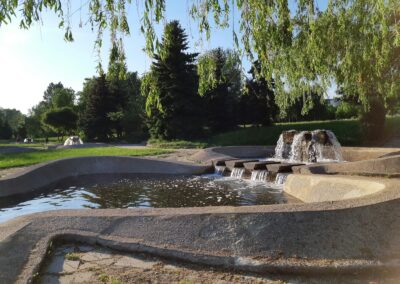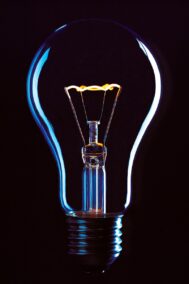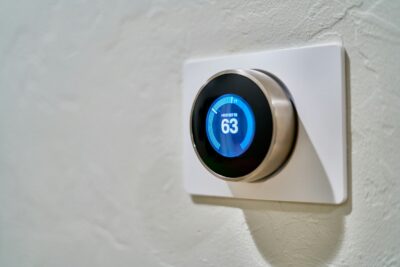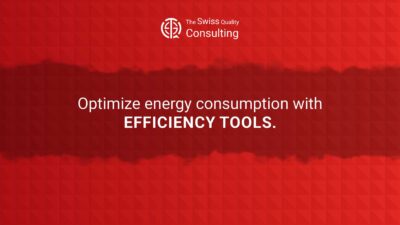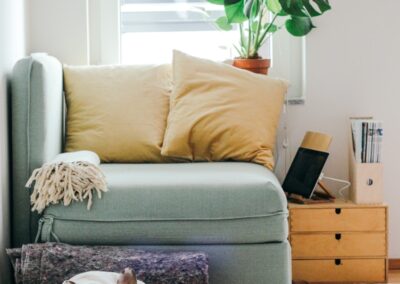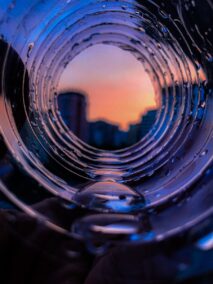Integrating Water-Saving Fixtures in Sustainable Home Design
Advancements in Water-Saving Technology
The integration of water-saving fixtures in sustainable homes is pivotal in promoting water conservation and reducing overall water consumption. As urban centers in Saudi Arabia and the UAE face growing challenges in water resource management, adopting advanced technologies in home design becomes increasingly critical. These water-saving fixtures and appliances are designed to maximize efficiency, ensuring that every drop of water is utilized effectively.
Modern water-saving technologies include low-flow faucets, showerheads, and toilets that significantly reduce water usage without compromising performance. For example, low-flow faucets and showerheads aerate the water, maintaining pressure while reducing the amount of water used. Dual-flush toilets offer different flush options, using less water for liquid waste and a higher volume for solid waste, thus optimizing water use based on need.
These innovations are becoming standard in sustainable home designs across Riyadh and Dubai. Developers in these cities are incorporating water-efficient fixtures into new residential projects to address the growing demand for eco-friendly living spaces. By integrating these technologies, sustainable homes contribute to the broader goals of water conservation and environmental stewardship in the region.
Implementing Smart Water Management Systems
Beyond traditional water-saving fixtures, smart water management systems play a crucial role in sustainable homes. These systems leverage modern technology, including IoT (Internet of Things) devices, to monitor and manage water usage in real-time. Smart meters and sensors can detect leaks, track consumption patterns, and provide homeowners with detailed reports on their water use.
By identifying leaks early, smart water management systems prevent significant water loss and potential damage to the home. Homeowners can receive alerts on their smartphones, allowing them to take immediate action. Additionally, these systems can suggest adjustments to water use based on real-time data, helping residents optimize their consumption and reduce waste.
In Dubai, smart water management is a key feature of luxury sustainable developments. Projects like The Sustainable City incorporate these technologies to provide residents with a comprehensive approach to water conservation. Similarly, in Riyadh, new urban projects are adopting smart water management solutions to enhance the sustainability and efficiency of residential living.
The Role of Education and Awareness
While technology plays a significant role in water conservation, education and awareness are equally important. Homeowners must understand the benefits and functionality of water-saving fixtures and smart management systems to fully utilize their capabilities. Educational initiatives and community programs can help raise awareness about the importance of water conservation and how to implement sustainable practices in daily life.
Workshops, online resources, and community events can provide valuable information on the installation, maintenance, and benefits of water-saving technologies. By fostering a culture of sustainability, cities like Riyadh and Dubai can encourage residents to take an active role in water conservation efforts. This collective approach ensures that the benefits of advanced technologies are maximized and contribute to long-term environmental goals.
In the UAE, government initiatives and partnerships with environmental organizations support educational programs aimed at promoting water conservation. Saudi Arabia’s Vision 2030 also emphasizes the importance of sustainable practices, including water management, as part of its broader environmental objectives. These efforts highlight the commitment of both nations to fostering sustainable living and protecting natural resources.
Benefits of Water-Saving Fixtures and Sustainable Practices
Environmental and Economic Impact
The adoption of water-saving fixtures in sustainable homes offers significant environmental and economic benefits. Reduced water consumption directly impacts the preservation of natural water resources, which is crucial in arid regions like Saudi Arabia and the UAE. By minimizing water waste, sustainable homes contribute to the health and longevity of local ecosystems.
Economically, water-saving technologies reduce utility bills for homeowners. Lower water usage translates to cost savings, making sustainable homes more affordable in the long run. These savings can be substantial, particularly in regions where water costs are high. Additionally, efficient water use can reduce the strain on municipal water supply systems, potentially lowering infrastructure and maintenance costs for cities.
In Dubai, developers highlight these economic advantages as part of their marketing strategies for sustainable residential projects. By showcasing the long-term savings on water bills, they attract environmentally conscious buyers who are also mindful of their financial investments. Riyadh’s urban planners similarly emphasize the dual benefits of cost efficiency and environmental stewardship in their sustainable housing initiatives.
Enhancing Quality of Life
Water-saving fixtures and sustainable practices enhance the quality of life for residents. Reliable access to clean water is fundamental to health and well-being, and efficient water management ensures that this resource is available for all essential needs. By reducing the risk of water shortages and maintaining a consistent supply, sustainable homes provide a secure living environment.
Moreover, sustainable homes equipped with modern water-saving technologies often incorporate other eco-friendly features, such as improved indoor air quality, natural lighting, and energy-efficient appliances. These elements create a healthier, more comfortable living space that promotes overall well-being. Residents enjoy the benefits of a sustainable lifestyle, including reduced environmental impact and improved personal health.
In the UAE, luxury sustainable homes are designed with a holistic approach to well-being, integrating advanced technologies with natural elements to create serene and healthy living environments. Saudi Arabia’s focus on sustainable urban development includes similar considerations, ensuring that new housing projects offer high-quality living standards that prioritize both environmental and personal health.
Supporting National Sustainability Goals
The widespread adoption of water-saving fixtures in sustainable homes supports national sustainability goals in both Saudi Arabia and the UAE. These initiatives align with broader governmental strategies to reduce environmental impact, promote resource efficiency, and ensure sustainable development.
In Saudi Arabia, Vision 2030 outlines ambitious goals for environmental sustainability, including water conservation and efficient resource management. By integrating water-saving technologies into residential projects, the nation moves closer to achieving these objectives, demonstrating leadership in sustainable development.
The UAE’s sustainability efforts are similarly focused on reducing water consumption and promoting eco-friendly practices. Initiatives like the Dubai Clean Energy Strategy 2050 highlight the importance of innovative technologies and sustainable infrastructure in achieving these goals. By adopting water-saving fixtures and sustainable home designs, the UAE reinforces its commitment to environmental stewardship and sets an example for the region.
Conclusion
In conclusion, the integration of water-saving fixtures in sustainable homes is a critical component of modern urban development in Saudi Arabia and the UAE. By adopting advanced technologies, smart water management systems, and promoting education and awareness, these nations are leading the way in water conservation and sustainable living. The benefits of these practices extend beyond environmental impact, offering economic advantages, enhanced quality of life, and support for national sustainability goals. As the demand for eco-friendly living spaces continues to grow, the successful implementation of water-saving technologies will play a vital role in shaping the future of urban development.
—
#WaterSavingFixtures #SustainableHomes #WaterConservation #ModernTechnology #UAEInnovation #SaudiArabiaUrbanProjects #LeadershipInSustainability

